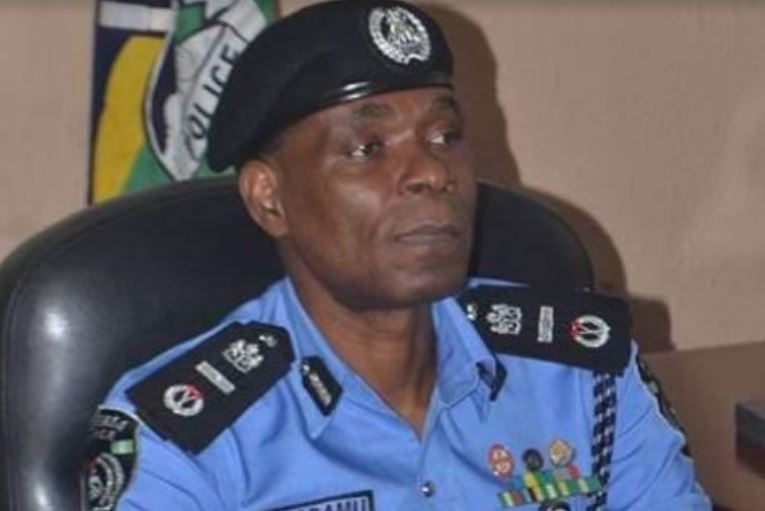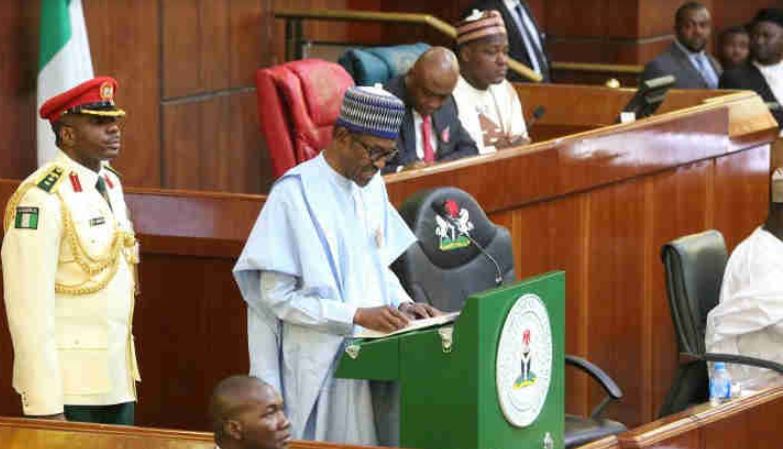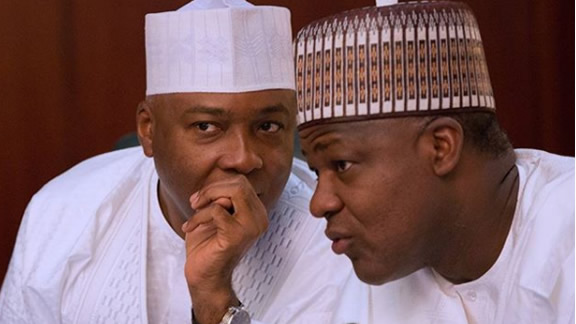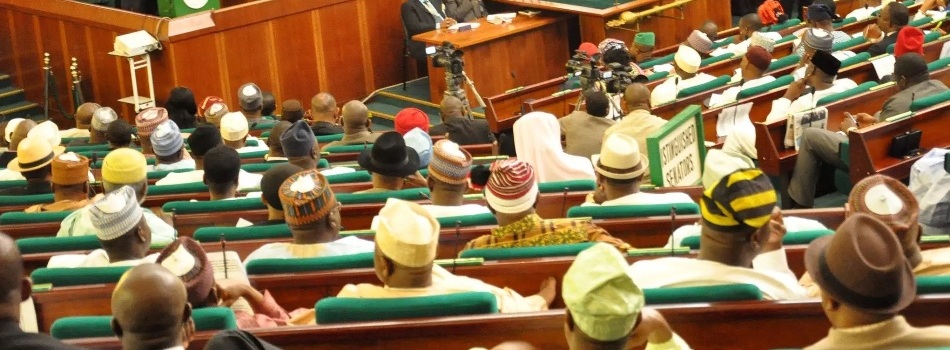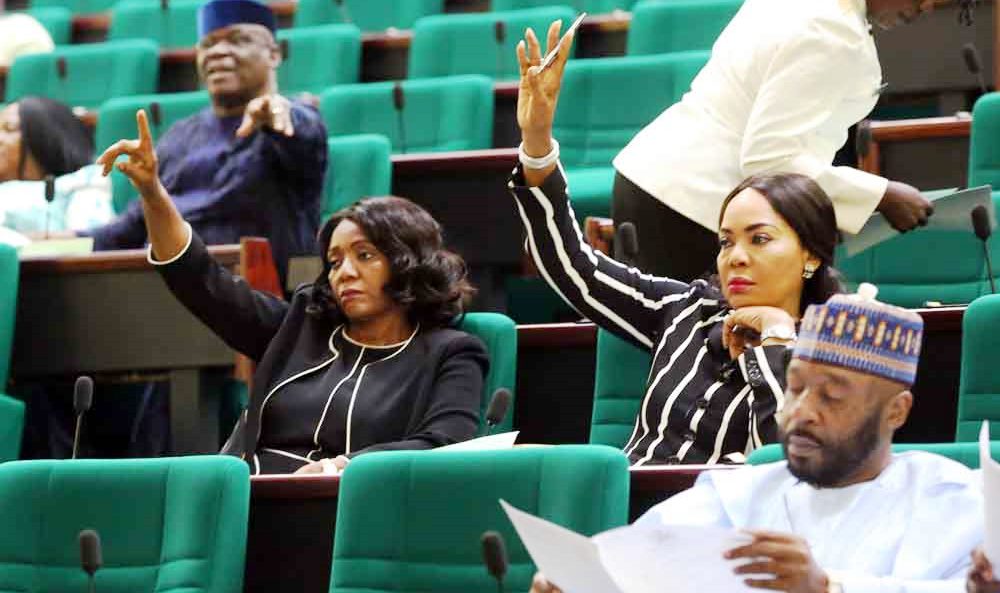The battle for speakership of the ninth House of Representative is intensifying and may undoubtedly take an unexpected dimension as the number of aspirants rises to 18, with each of them pushing their strategies, resources and sentiments to claim the exalted position office [Speaker] , which is the third in line of presidential succession, after the President of the Senate and Vice President.
In accordance to the norms, a speaker in Nigeria is chosen in an indirect election conducted within the House of Representatives.
Specifically, the Standing Orders of the House, Order 4 states that ‘A member-elect, addressing the Clerk shall propose another member-elect with legislative experience as member of National Assembly to the House to be Speaker and shall move that such member-elect do take the chair as Speaker of the House of Representatives’.
However, there are more critical political permutations like geopolitical zoning, religious leaning among others which underplay the essence of ‘Order 4’ in the making of a speaker for the House.
In this report, TheNewsGuru examines the chances of the candidates in the unfolding political development.
Meet the candidates:
The speakership aspirants according to feelers in the House include the incumbent Speaker, Yakubu Dogara; Majority Leader, Femi Gbajabiamila, who was the preferred candidate of the APC in 2015; the immediate past Senior Special Assistant to the President on National Assembly Matters (House of Reps) and former Majority Leader, Kawu Sumaila (APC, Kano); and the Deputy Majority Leader, Ahmed Wase (APC, Plateau).
Another aspirant is the leader of the North-East caucus, Mohammed Monguno (APC, Borno), a ranking member who has just been re-elected for the fifth term just as Gbajabiamila. In 2015, the APC had chosen him to be a deputy speaker.
Also on the list is Olusegun Odebunmi from Oyo State, the only APC member to become Gbajabiamila’s opponent in the South-West; and the Chairman, Committee on Aviation, Nkiruka Onyejeocha (Abia), the only female contestant who is coming to the House for the fourth term.
The Chairman, Committee on Media and Public Affairs, Abdulrazak Namdas (Adamawa), who is in the camp of the current Speaker, Yakubu Dogara, is also in the race.
There is also a former Minister of State for Foreign Affairs, Khajidat Bukar-Ibrahim (APC, Yobe), who had earlier served three terms in the House before becoming minister and has been re-elected for a fourth term.
Also on the list is Yakub Buba (Adamawa) who is said to be the only Christian member from North-East. In 2015, Buba had backed Gbajabiamila and has since been in the camp of the Majority Leader.
Others are the Chief Whip, Alhassan Ado-Doguwa (Kano); Chairman, Committee on NIMASA, Umar Bago (Niger); Chairman, Committee on Finance, Babangida Ibrahim-Mahuta (Katsina); Chairman, Committee on Tertiary Education and Services, Mr Suleiman Aminu (Kano); Abubakar Lado (Niger); and Muhammed Kazaure (Jigawa).
| North Central |
Brief |
- Mohammed Bago [APC], Niger State
|
Present Chairman Reps Committee on Maritime. He is a second timer. |
| 2. John Dyegh [APC] Benue State |
A vibrant lawmaker on the floor of the House and a force to reckon with in North Central affairs. |
| 3. Idris Wase [APC] Plateau State |
Deputy leader of the House that enjoys a great deal of comradeship with his colleagues. |
| 4. Abubakar Lado, [APC] Niger state |
One of the youngest lawmaker in the 8th assembly and a one time APC national youth leader.
|
| South East |
Brief |
| 5. Rep Nkiruka Onyejeocha, APC, Abia, |
She is the only visible contender in South East and the only female contestant. She is vibrant on the floor of the House and a third |
| 6. Chike Okafor from Imo state |
Okafor is said to have quietly joined the race |
| South West |
Brief |
| 7. Femi Gbajabiamila [APC] Lagos |
One of the leading contenders, he is the incumbent leader of the 8th assembly |
| 8.Olusegun Odebunmi [APC] Oyo |
An APC-lawmaker elect from Oyo |
| North West |
Brief |
| 9. Garba Datti, [ APC] Kaduna |
A third timer lawmaker with strong affinity with President Muhammadu Buhari |
| 10. Ado Doguwa [APC] Kano |
A fifth timer and the whip of the House. |
| 11. Babangida Ibrahim [APC] Katsina |
THird timer and present Chairman House Committee on Finance |
| 12. Sumaila Kawu [APC] Kano |
Third timer. He was the Deputy Minority leader in the 7th Assembly |
| 13. Sulaiman Aminu [APC] Kano |
A former union leader and present Chairman Reps Committee on Education |
| North East |
Brief |
| 14. Yakubu Dogara [PDP], Bauchi |
He is the incumbent Speaker of the 8th Assembly. |
| 15. Tahir Monguno [APC] Borno |
A third timer and present Chairman, Reps. committee on Agriculture |
| 16. Abdulrazaq Namdas [APC] Adamawa |
He was first among the lawmakers to open a campaign secretariat. |
| 17. Yusuf Buba Yakub [APC] Adamawa |
A second timer. |
| 18. Khajidat Bukar-Ibrahim (APC) Yobe |
She had served three terms in the House before becoming minister and has been re-elected for a fourth term |
Factors that will determine who emerges winner of Reps speakership:
There are six geopolitical zones in the country and it is customary for political parties to share offices in a reflective manner. The President is from the North-West and Vice President, South-West. Meanwhile, the ruling party has zoned the Senate Presidency to North-East. This means that three zones have been represented leaving the South-East, North-Central and South-South with nothing.
To many analysts, it would be politically balanced to zone the remaining offices of Deputy Senate President, Speaker and Deputy Speaker among the three zones. This informs why Onyejiocha, a fourth time parliamentarian from Abia, is in the race for Speaker as well as contributes to the high numbers of contenders coming from the north-Central.
- North Central debacle:
Lawmakers from the North-Central states of Plateau, Benue, Kogi, Niger, Kwara and Nassarawa, led by Hon. Mark Gbilah, from Benue, are putting up a good debate why the APC leadership should give them a chance to get the speakership of the 9th assembly.
One the points advanced by the North-central lawmakers is ‘federal character’ – they hold that the position of the speakership should be zoned to the North Central, since the North-West has Mr President, the South-West has the Vice President and the Senate President has been zoned to the North-East.
If APC is to go by popular support and equitable zoning formula, the 9th speakership will almost seem a perfect hard-earned right of the north-central.
The senate presidency was zoned to the North-East, being the zone that contributed the highest number of votes after the North-West, as such the proponents in this line of though believe the speakership position will naturally go to the next in line – the North-Central zone – which produced the second largest votes after the North-East (2,465,599).
- 2019 Presidential votes
There is also an onging pressure mounted on the APC leadership by political analysts and lobbyists to compensate North Central for delivering the third largest votes to the second-term election of President Buhari on February 23.
Despite the stiff opposition against the APC in the North Central, the region delivered five out of six states in our zone – Kogi, Kwara, Nasarawa, Plateau and Niger with Benue as the exception. The presidential results as put forward by the pro-North Central campaigners puts the region ahead Gbajabiamila’s South West, where Buhari performed below the expectation of the party.
Similarly, South/South and South East may also not get the deserved recognition if this factor is taken seriously as the presidential result in the said regions were woeful.
- The Dogara/PDP factor:
There are strong indications that the incumbent Speaker of the 8th Assembly, Yakubu Dogara is in the speakership race of the ninth assembly, and his stature in the People’s Democratic Party, PDP, puts him at a good edge of getting a second chance or playing a king maker.
A source close to Dogara noted that the lawmaker enjoys a great support of the PDP’s presidential candidate in 2019, Atiku Abubakar.
- Muslim/Muslim or Muslim Christian tickets:
The search for the ninth Senate President seems to have been settled with the All Progressives Congress, APC, announcing the current Majority Leader, Senator Ahmed Lawan, from Yobe State, as its choice – a decision that may hinder the chances of the party ceding the speakership position to a Muslim.
One of the fears the aforesaid decision has raised is that of a Muslim/Muslim ticket spearheading the two hallowed chambers.
Already, there had been ongoing agitations that key positions in the country are currently occupied by Muslims, some of which include: the Nigerian President;Senate President, Army; Nigerian Customs; Department of State Security Services; the Police; Immigration service; the Independent National Electoral Commission (INEC); Joint Admission and Matriculation Board (JAMB); office of the Chief Justice of Nigeria; National Intelligence Agency (NIA) amongst others.
Meanwhile, recall that in the 6th, 7th and 8th assemblies there was a balance as Dimeji Bankole paired David Mark, the 7th was Aminu Tambuwal and David Mark and the outgoing 8th Assembly is Yakubu Dogara and Dr Bukola Saraki and there’s nothing like a Muslim/Muslim arrangement.
